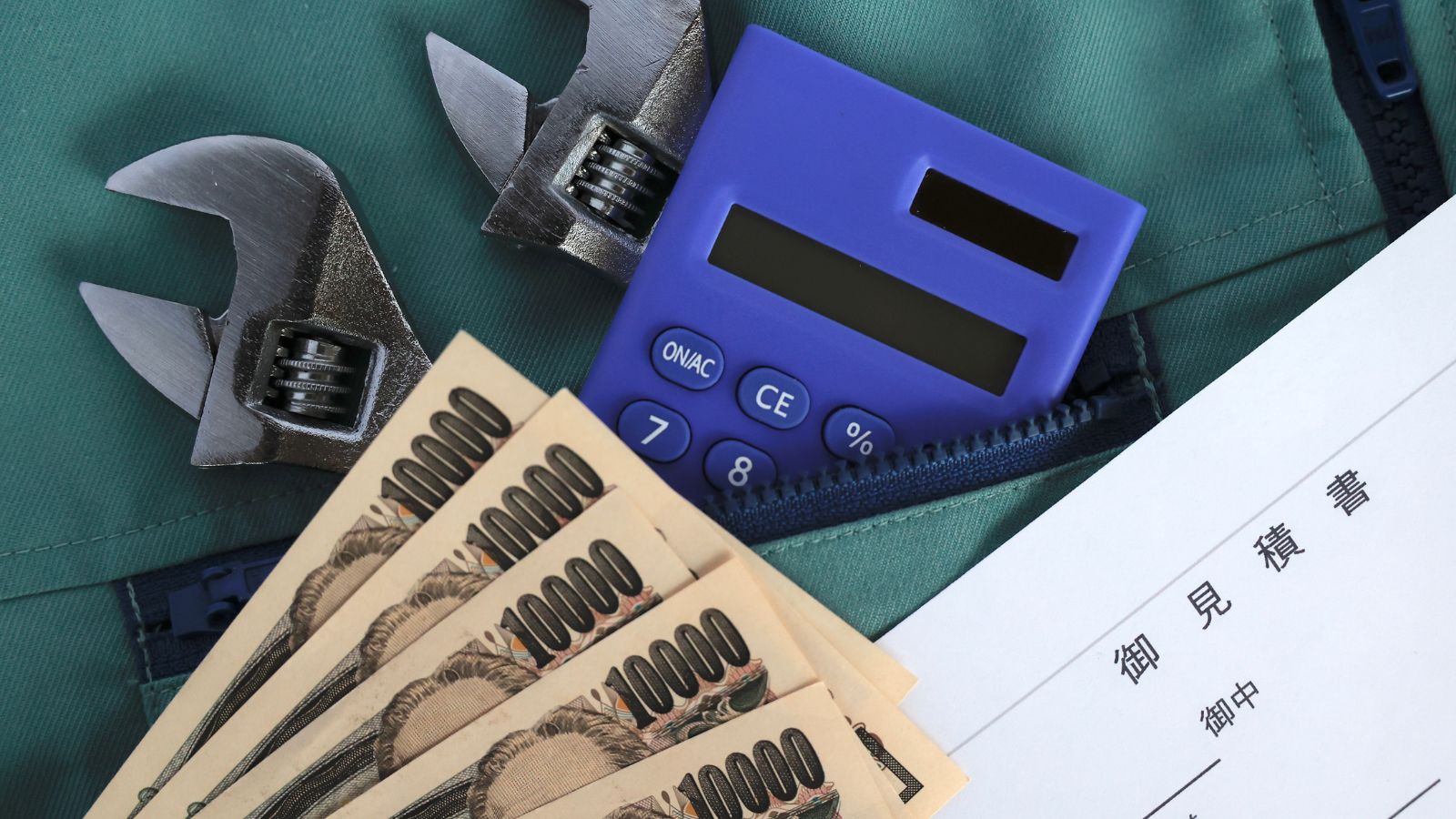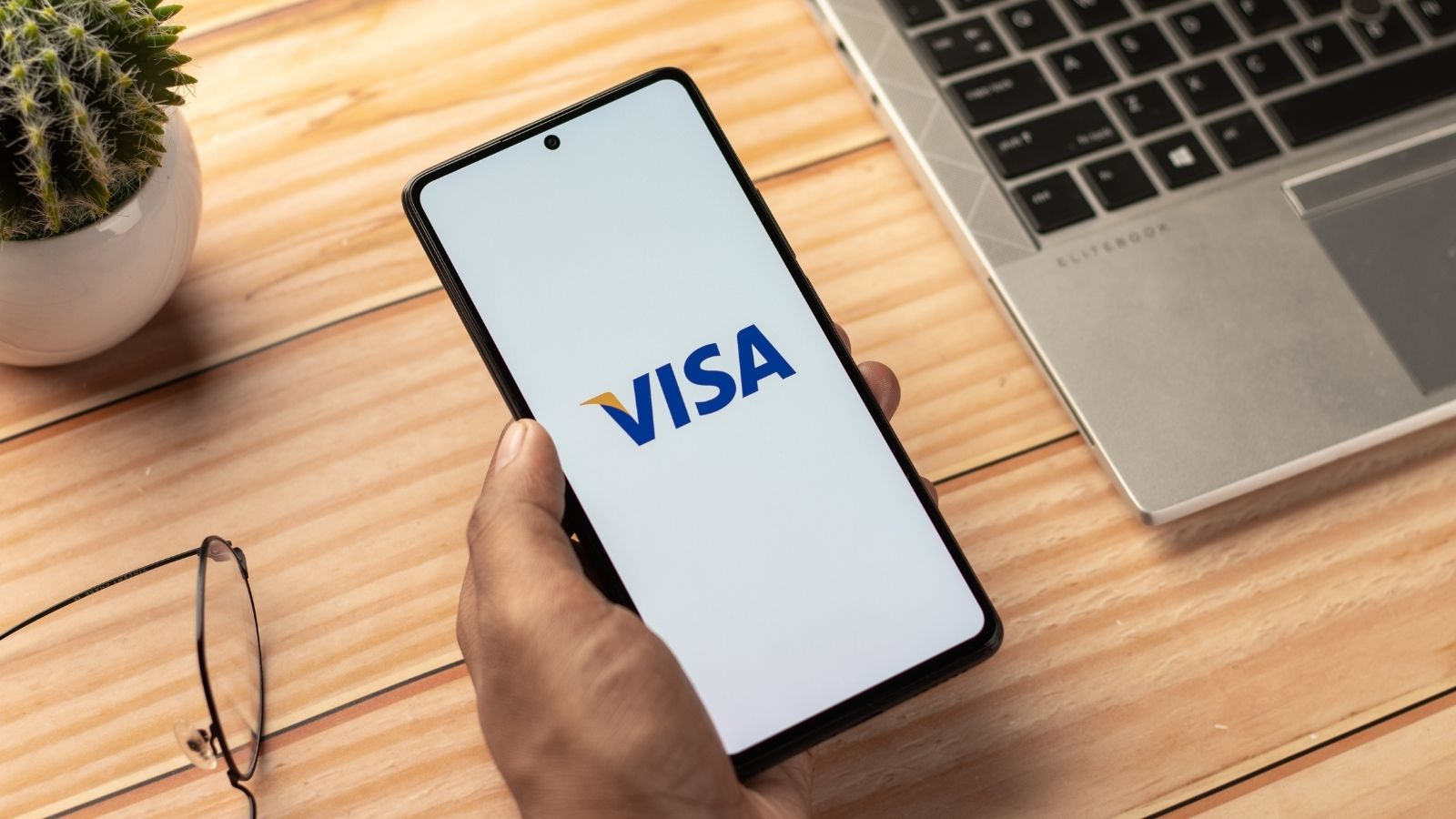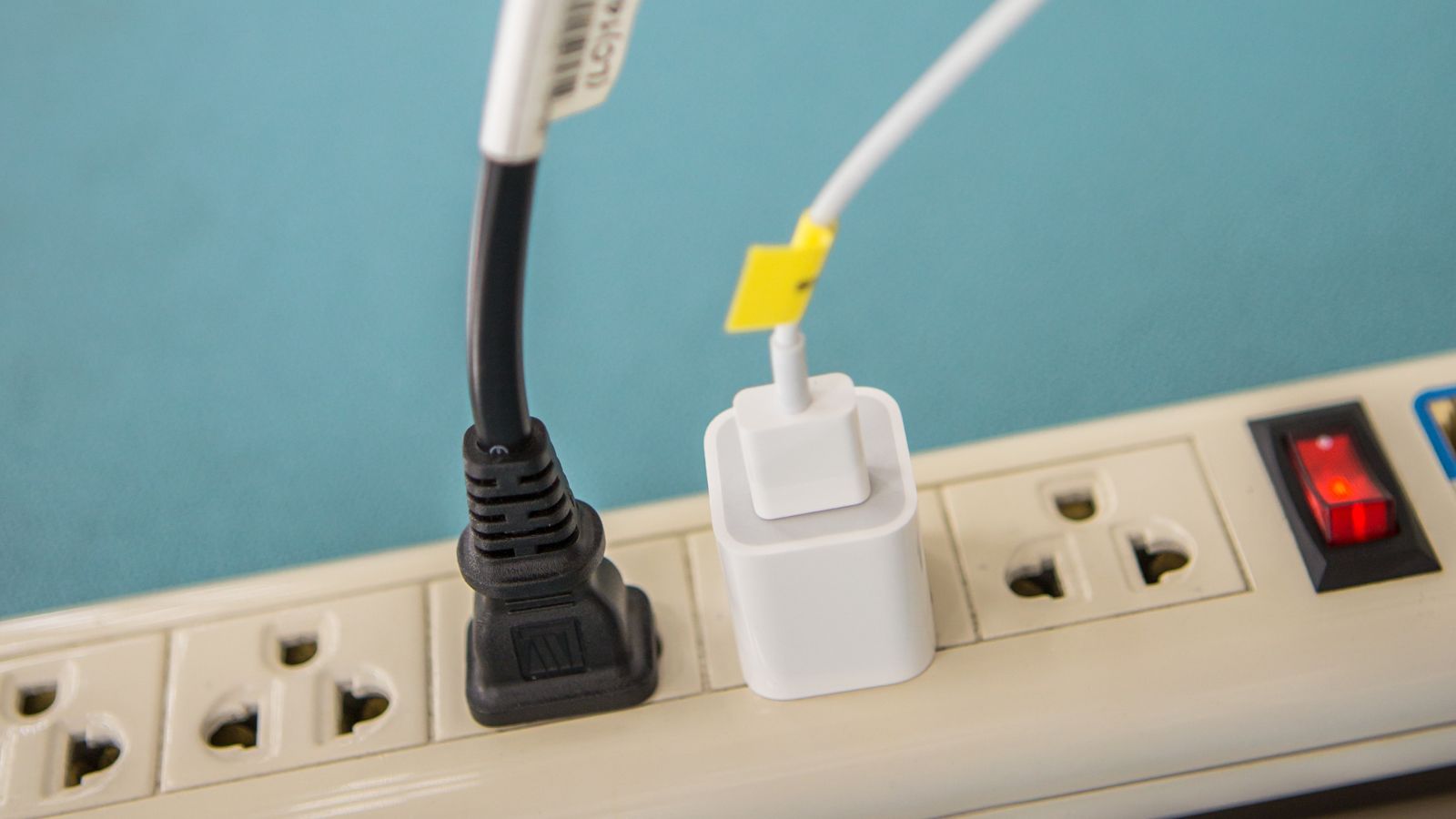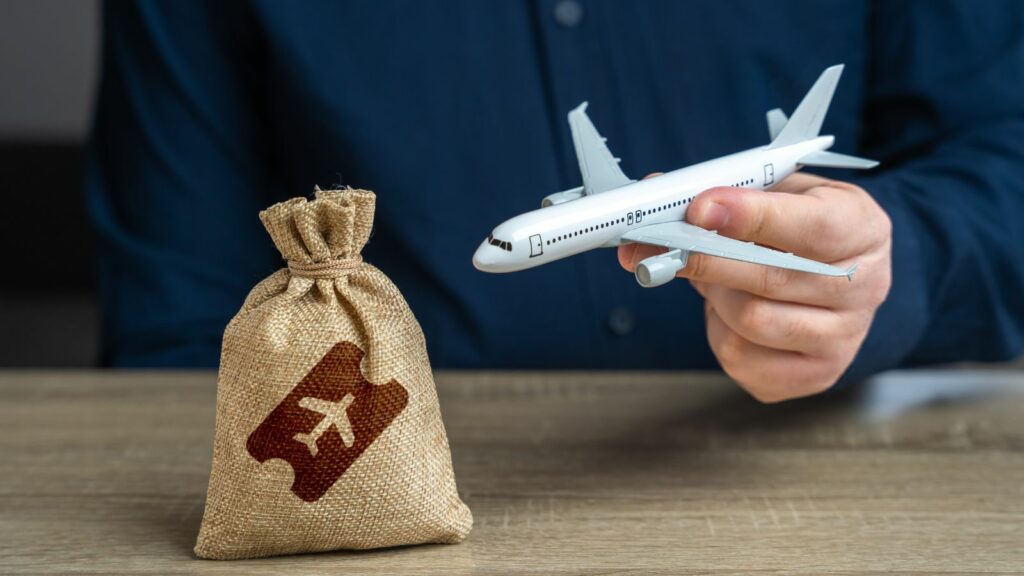Traveling abroad is a thrilling new adventure where you experience a new country, culture, and traditions. You estimate flights, accommodations, and daily expenses financially, but what about the hidden costs? These surprise fees and overlooked expenses can take a serious bite out of your travel budget. If you think you’ve accounted for everything, think again. Here are 18 hidden costs of traveling abroad that you probably never considered.
Currency Exchange Fees

You’ll often encounter a less-than-favorable exchange rate when you exchange money at airports, banks, or even through credit cards. Companies on some banks or credit cards also charge a foreign transaction fee, which can add up if you’re not cautious. To avoid such surprises, research exchange rates and fees beforehand.
Foreign ATM Fees

While it may seem handy, taking out cash from an ATM abroad has costs connected to it. Your bank could charge both a withdrawal fee and a foreign transaction fee. When you’re traveling for a long time, these little expenses can stack up pretty fast. Additionally, the local ATM provider might also impose its own fees, making the total cost even higher. To avoid these charges, consider using travel-friendly bank accounts or look for partner ATMs that offer reduced fees.
Roaming and Data Charges

While it can be your only resource when traveling, using your cell phone can become costly. The cost of roaming can add up, especially if you use a lot of data. Consider purchasing a local SIM card when you get there or getting an international plan from your carrier to avoid this.
Visa and Entry Fees

You’re required to have a visa before visiting some countries, and every country’s fees vary widely. Some countries charge an entry or exit fee even if you don’t need a visa, which may not be included in your airfare.
Health Insurance and Medical Costs

Having your regular health insurance may not help you when you’re abroad. Many travelers don’t bother about getting travel insurance, but without it, a medical emergency could be financially overwhelming. Even minor health issues, like a cold or food poisoning, can lead to unplanned doctor visits.
Vaccination and Medication Costs

You might need vaccinations or medication before you go, depending on where you’re traveling. These aren’t usually covered by insurance and can be quite pricey. Check with your doctor well in advance of your trip so you can plan for this extra money if needed.
Transportation to and from Airports

You’ve probably paid for flights, but what about getting to and from the airport? Taxis, shuttles, or public transportation costs can add up, especially in cities where airports are far from the center. Additionally, last-minute transportation options or peak-hour surcharges can make these trips even more expensive. To save money, consider booking transportation in advance or exploring alternative options like ride-sharing services or airport trains.
Baggage Fees

You may be hit with unexpected luggage fees even if you can pack light for your travel. Checked baggage is often charged for by low-cost carriers, and carry-on baggage may not always be free. These costs may increase if you are going inside the same country.
Tipping Customs

Tipping isn’t universal, but it’s expected in some countries. Not only can it be awkward to figure out, but it can also add an unexpected cost to meals, transportation, and hotel services. Research local tipping customs before your trip to avoid being caught off guard.
Tourist Taxes

It’s essential for tourists in some cities, especially in Europe, to pay taxes each night they stay. This is charged separately at check-in or check-out; it is often not included in your accommodation booking. It may not be a significant amount per night, but it can add up if you’re staying for a while.
Unplanned Souvenirs

It’s simple to lose yourself in the moment and overspend on souvenirs for close friends and family. These impulsive buys can quickly put a strain on your finances, particularly in tourist destinations where costs are sometimes inflated.
Laundry Costs

You’ll probably need to do laundry if you’re traveling for more than a week. Hotel laundry services are notoriously expensive, and even local laundromats can charge more than you expect. Therefore, consider packing enough clothing or doing laundry by yourself wherever you’re staying.
Food and Drinks at Tourist Traps

If you dine near popular tourist attractions, it can be far pricier than you expect. A simple coffee or sandwich in a touristy area can cost double or even triple the local rate. To save money, go a bit further from the main attractions to eat where the locals do. You might love the food there more than at expensive places.
Overweight Luggage Fees

Bringing too much with you can be expensive. Airlines have tight weight restrictions on luggage, and you may be charged hefty costs if your suitcase weighs more than the allowed amount. To prevent this, weigh your bags before leaving for the airport.
Adapter and Converter Costs

You may need a plug adapter or a voltage converter, depending on the country you’re visiting. These small items are unexpectedly expensive when you buy them at the airport or a tourist shop. It’s best to purchase these ahead of time to avoid paying hefty prices.
Unforeseen Accommodation Costs

Not all hotels provide complimentary facilities like Wi-Fi, air conditioning, or even hot water. These basic amenities are sometimes charged extra for in hotels or hostels, which can result in unanticipated fees. When booking, make sure to read the tiny print.
Local Transportation Costs

Once you’re in a new country, getting around can be pricier than you anticipated. Your budget can quickly be eaten by taxi fares, rideshare services, or even renting a bike. Tourists are charged higher rates in some countries for local transportation, so it’s worth looking into options like public transit passes.
Banking Fees

Your bank may still charge you for currency conversion on credit or debit card purchases even if you don’t take out cash from abroad. Furthermore, some banks impose fees on all overseas transactions, regardless of the amount—from a small coffee buy to an enormous splurge. Before you leave, consider opening a credit card or bank account suitable for traveling.
Conclusion

Traveling abroad is an exciting adventure and many different experiences, but these hidden costs can catch up on you and quickly eat off your budget. Take some time to research and plan for these extra expenses to avoid being caught off guard. With a bit of preparation, you’ll be better equipped to enjoy your trip without the financial stress.
18 Reasons Why People Are Leaving Florida in Masses

Exploring factors that impact the desirability of living in Florida, this list delves into various challenges shaping residents’ experiences. From environmental concerns like rising sea levels to economic factors such as fluctuating job markets, these issues collectively contribute to a nuanced understanding of the state’s appeal.
18 Reasons Why People Are Leaving Florida in Masses
